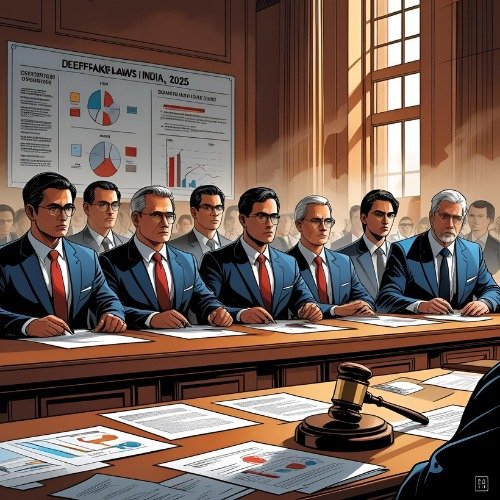GANs are particularly powerful because they allow machines to learn and replicate complex patterns of human behavior, voice, and facial expressions. For example, a deepfake video might take someone’s face and map it onto another person’s body, synchronizing facial movements and lip-syncing with incredible accuracy. Similarly, in deepfake audio, the AI learns to mimic a person’s voice tone, pitch, and accent to generate speech that sounds authentic.
This technology has legitimate uses in industries like filmmaking, video game design, and virtual reality. However, in the wrong hands, GANs can be exploited to create deceptive content that spreads misinformation, damages reputations, and undermines public trust in digital media.




